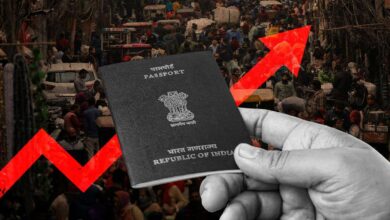Commerce Ministry’s Initiative to Streamline Licensing for Laptop and Computer Importers 2023

Commerce Ministry’s Initiative to Streamline Licensing for Laptop and Computer Importers 2023
According to an official, the DGFT division of the commerce ministry is developing criteria to quickly provide licences to laptop and computer imports. The Directorate General of Foreign Trade (DGFT) will need importers to get a licence as of November 1 as a result of the government’s decision to place import restrictions on certain electronic devices.
“We are addressing the licencing concerns. The objective is to make the process of obtaining an import licence simple, the source added. Licences have previously been granted based on factors including a company’s prior performance. India will be able to keep a tight eye on the countries from which the items are flowing thanks to the import restrictions.

At a time when India has designated electronics manufacturing as a key priority sector for its future growth objectives and is expecting to attract investments from multinational corporations trying to diversify their operations outside of China, the move will also boost local manufacturing. 38 businesses have expressed interest in the PLI (production-linked incentive) plan for IT gear, including Foxconn Group, HP, Dell, and Lenovo. They have submitted an application for incentives under the programme for producing servers, PCs, and laptops.
According to the think tank Global Trade Research Initiative (GTRI), the government should make clear the conditions that importers must achieve in order to get permits for shipping of these goods into the country in order to satisfy domestic demand. Personal computers (PCs), laptops, and tablets, according to GTRI co-founder Ajay Srivastava, “connect us to the world of education, business, entertainment, and everything else,” thus the government must take all necessary precautions to prevent shortages and market disruption.
He said that the government might notify all businesses of their yearly import eligibility for the following year in terms of the number of units and value in advance. “One way is announcing objective criteria that will constitute the basis for the grant of licence,” he said.
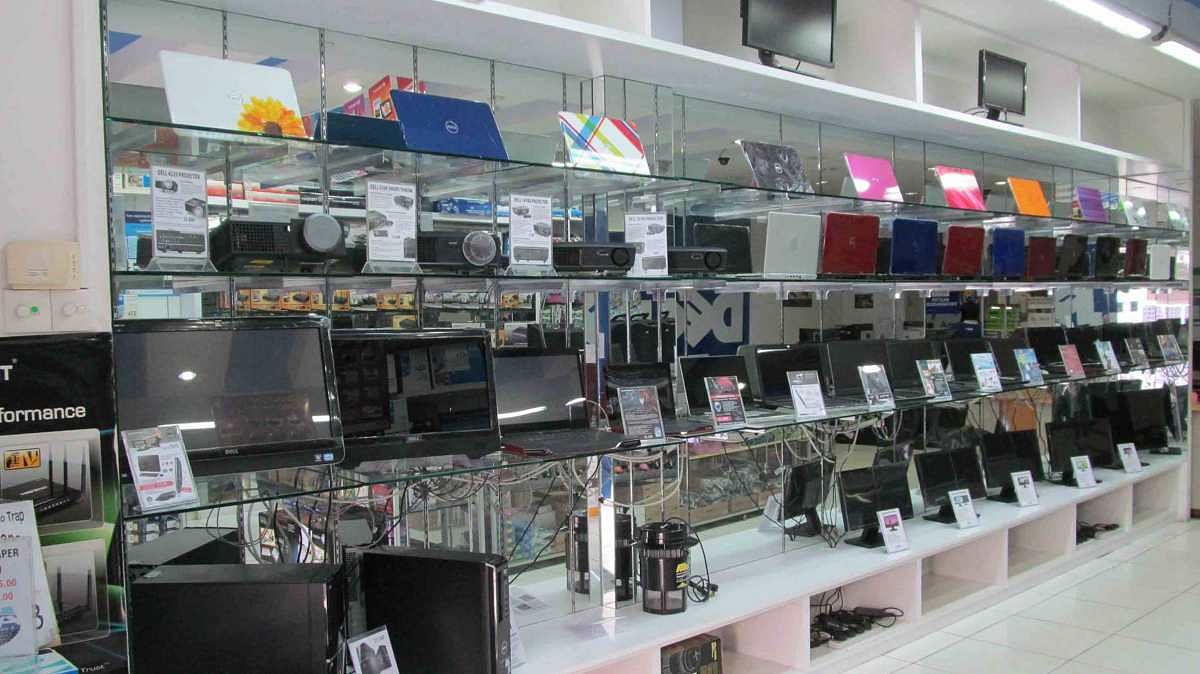
Tyres, televisions, air conditioners, and hydrofluorocarbons (HFCs) used in refrigeration and air conditioning were once subject to import restrictions enforced by the government.
In India, there are no basic customs fees for laptops, PCs, and comparable goods. India signed an Information Technology Agreement (ITA) under the World Trade Organisation (WTO) in 1997, pledging to have no duties on computers and several IT-related items. As a result, India is unable to increase this charge.
The only way to control import was to mandate that businesses acquire government approval before importing. According to the GTRI in its research, restricting imports is a more severe policy since the government may now limit the value of imports or who will import.
In 2022–2023, India imported these goods for USD 8.8 billion. PCs/laptops and tablets (imports of USD 5.3 billion) and Wi-Fi Dongles, Smart Card Reader, Android TV Boxes, etc. (USD 2.6 billion) are the two main items.
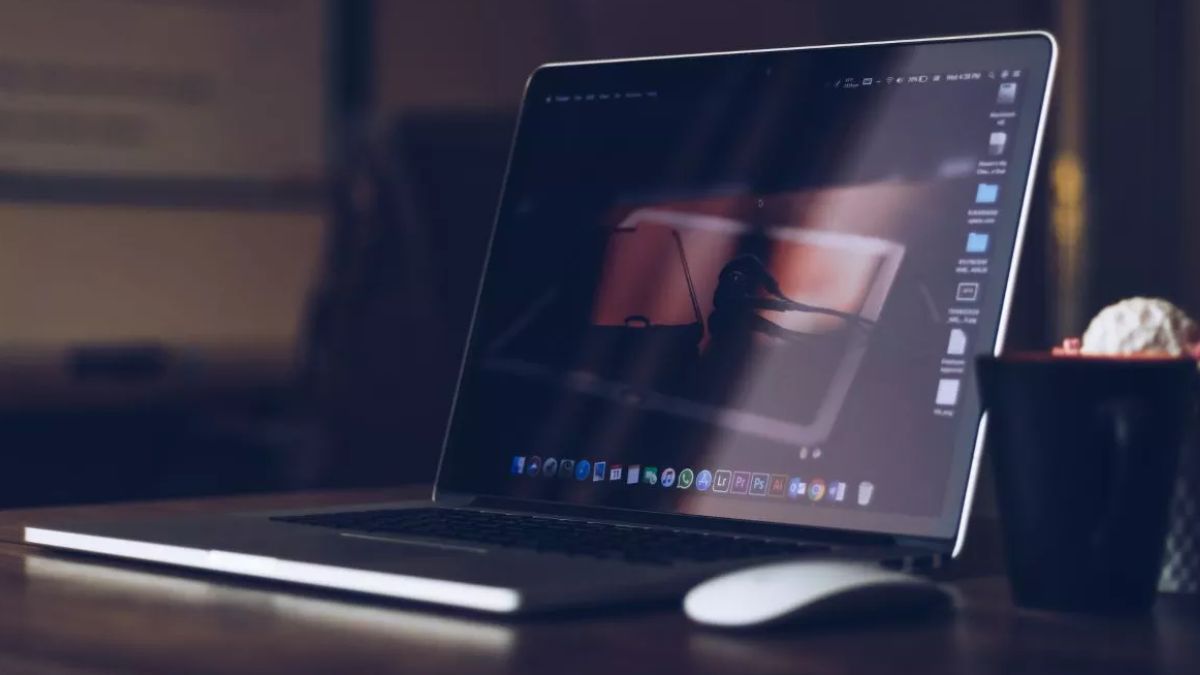
In 2022, PC and laptop shipments were valued at USD 163 billion globally. With an 81% market share, China is without a doubt the top. With a 3.5% share, Germany is a very distant second. Most laptops and PCs are produced in China by renowned companies like Lenovo, Apple, Dell, and HP. Millions of components are weaved into countless sub-assemblies to make the majority of electronic items, including laptops. With China producing all components, they appear invincible. According to GTRI, each new nation that wants to produce computers must initially import the majority of these parts from China.
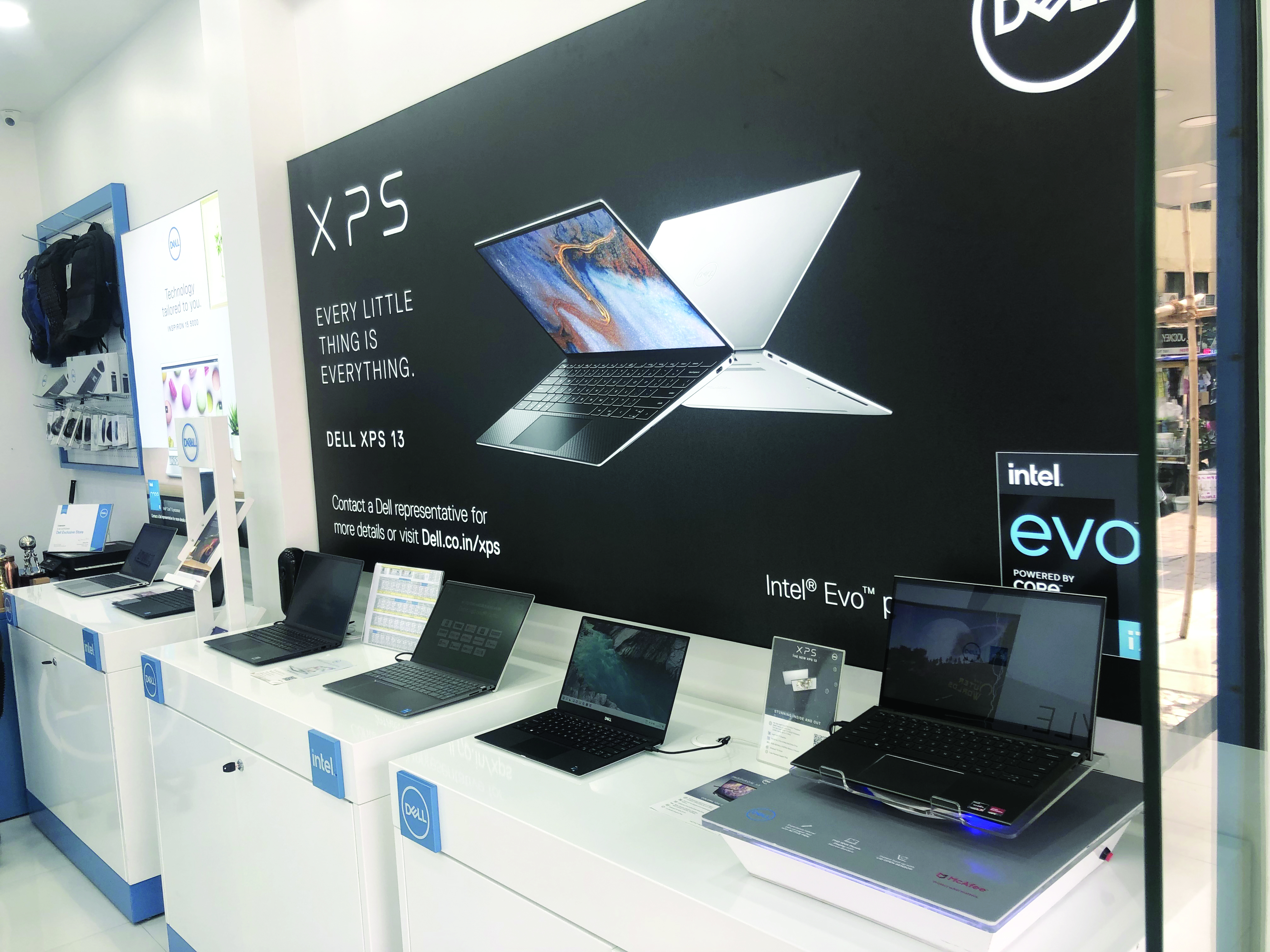
The global demand for laptops and computers has been on a steady rise, with technology playing an increasingly integral role in our daily lives. This surge in demand has also led to a surge in imports, which necessitates robust regulations and criteria to ensure that laptop and computer importers meet certain standards and adhere to specific requirements. In this pursuit, the Commerce Ministry has taken a significant step by working on criteria for laptop and computer importers to provide licenses in a more streamlined and efficient manner.
Licensing criteria for laptop and computer importers are essential for several reasons. Firstly, they help in regulating the quality of imported products, ensuring that consumers receive reliable and safe devices. Secondly, they assist in managing the influx of imports, contributing to a more balanced trade environment. Lastly, they enable the government to collect accurate data on the import of laptops and computers for policy planning and revenue generation.
The Commerce Ministry, being responsible for trade and commerce regulations in many countries, plays a pivotal role in establishing and enforcing criteria for laptop and computer importers. Their involvement in this process is driven by the need to strike a balance between facilitating trade and safeguarding the interests of consumers and local industries.
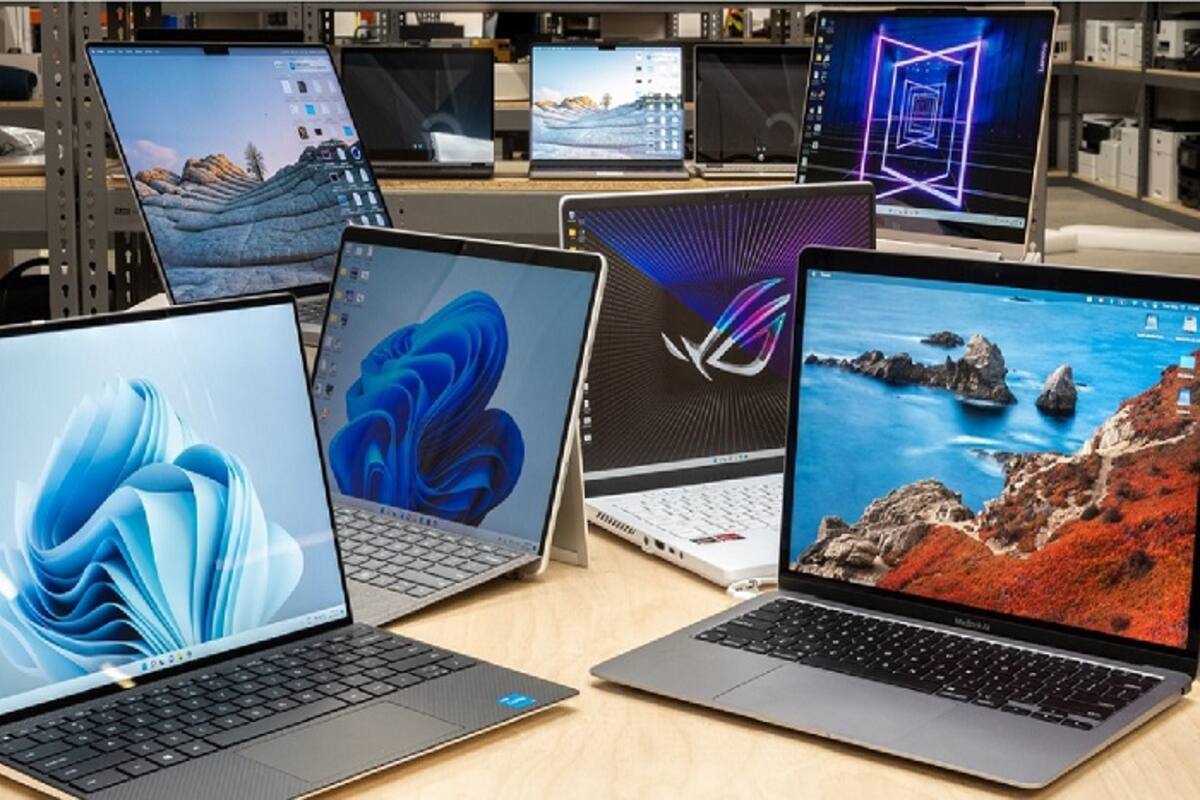
One of the primary objectives of the Commerce Ministry’s initiative is to streamline the licensing process for laptop and computer importers. This involves making the process more accessible, efficient, and transparent.
The ministry is working on creating clear and comprehensive guidelines for laptop and computer importers. These guidelines will outline the necessary steps, documentation, and requirements for obtaining an import license.
The initiative also involves digitalizing the licensing process. This means creating an online platform where importers can apply for licenses, submit documents, and track the progress of their applications. Digitalization not only makes the process more convenient but also reduces the potential for human error and corruption.
The Commerce Ministry is committed to reducing bureaucratic red tape that often slows down the licensing process. By streamlining administrative procedures and eliminating unnecessary hurdles, importers can obtain licenses more quickly and efficiently.
To ensure that the criteria are fair and practical, the ministry is engaging in consultations with industry stakeholders, including importers, manufacturers, and consumer advocacy groups. This collaborative approach aims to create criteria that benefit all parties involved.
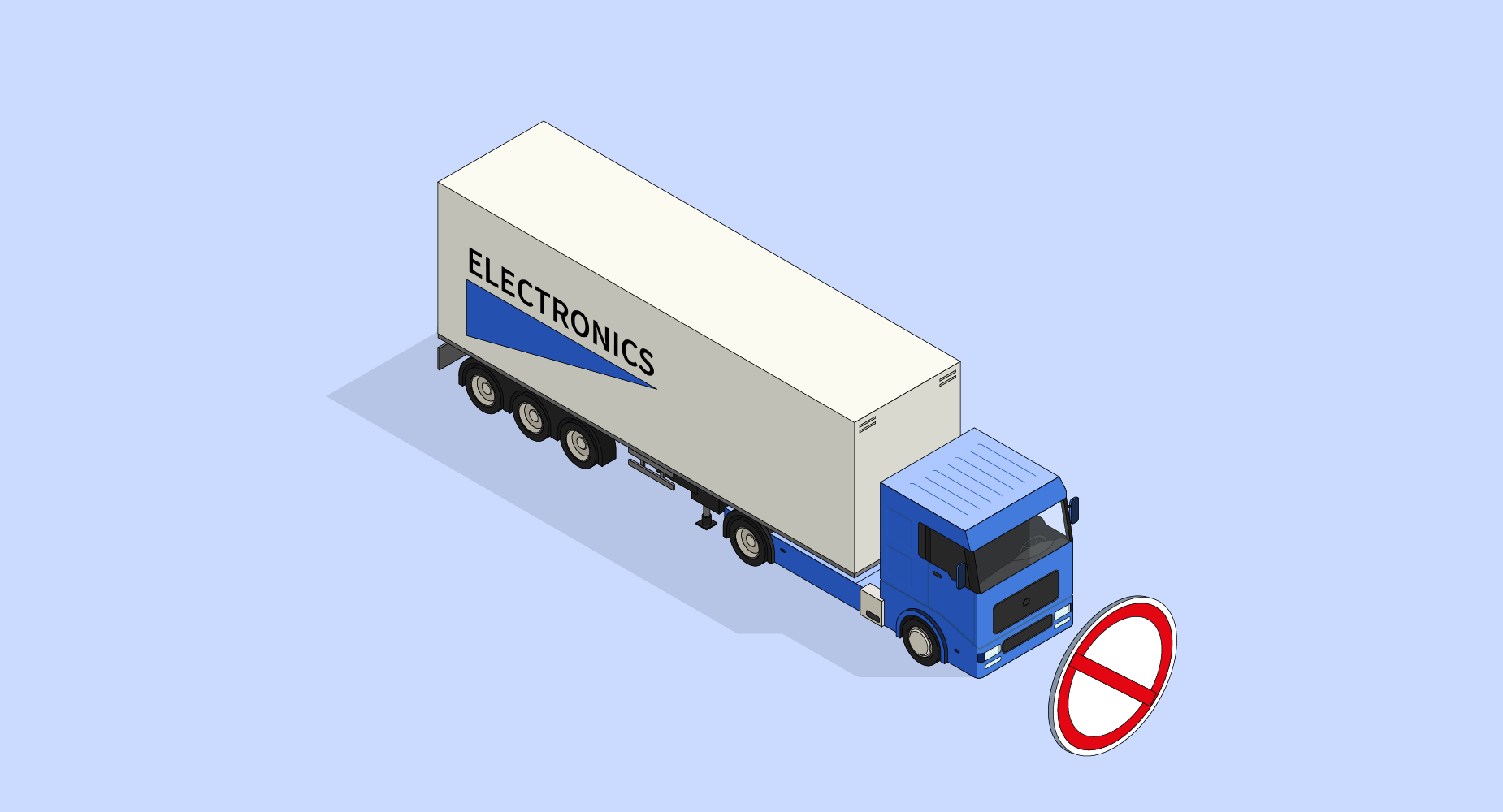
The initiative also includes provisions for quality control and inspection of imported laptops and computers. Importers may be required to adhere to specific quality standards and undergo periodic inspections to ensure compliance.
By setting clear criteria and standards, consumers can have greater confidence in the quality and safety of the products they purchase.The criteria may include provisions to promote domestic manufacturing and assembly, potentially boosting the local computer industry.
An efficient licensing process encourages more businesses to participate in laptop and computer imports, which can stimulate international trade.
The government can generate revenue through licensing fees and import taxes, which can be reinvested in infrastructure and public services.Accurate data on imports allows the government to make informed policy decisions and monitor market trends.
The Commerce Ministry’s efforts to establish clear and efficient criteria for laptop and computer importers are commendable. This initiative aims to strike a balance between facilitating trade and safeguarding the interests of consumers and local industries.
By streamlining the licensing process and ensuring compliance with quality standards, this endeavor promises to enhance consumer protection, boost local industry, and contribute to a more robust and transparent trade environment. As technology continues to advance, such initiatives are vital to adapt to evolving market demands and ensure the smooth flow of goods in the global marketplace.



